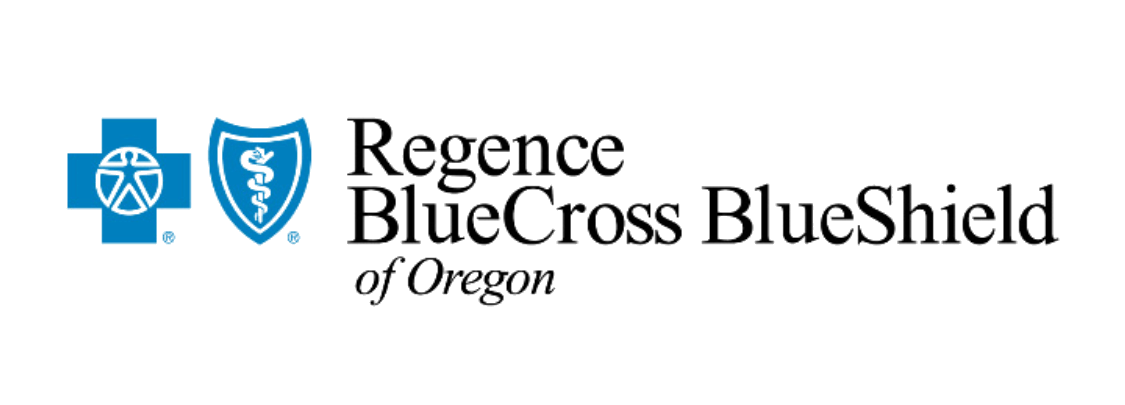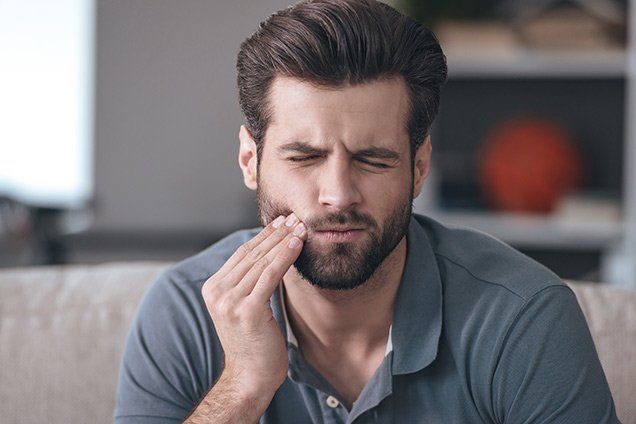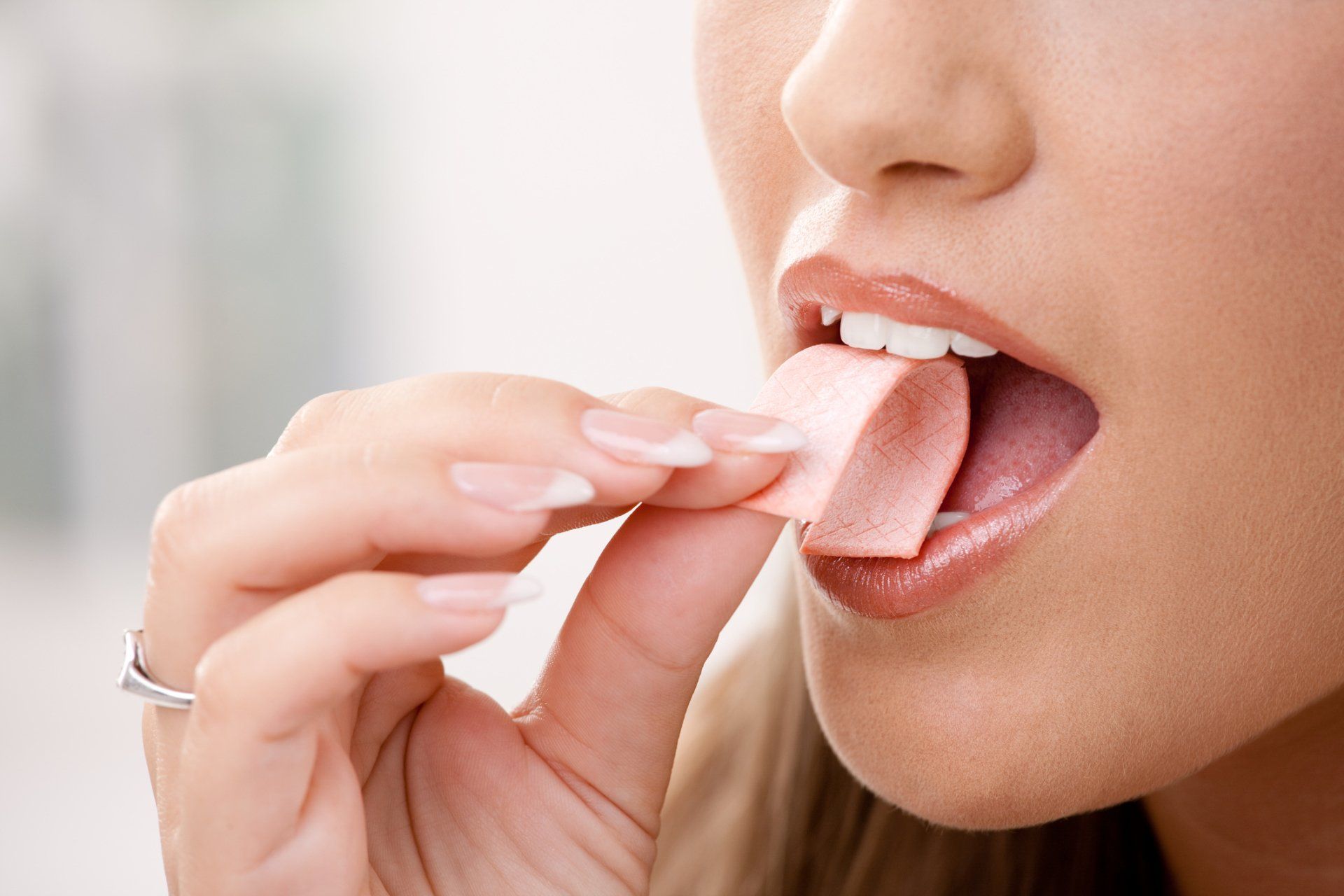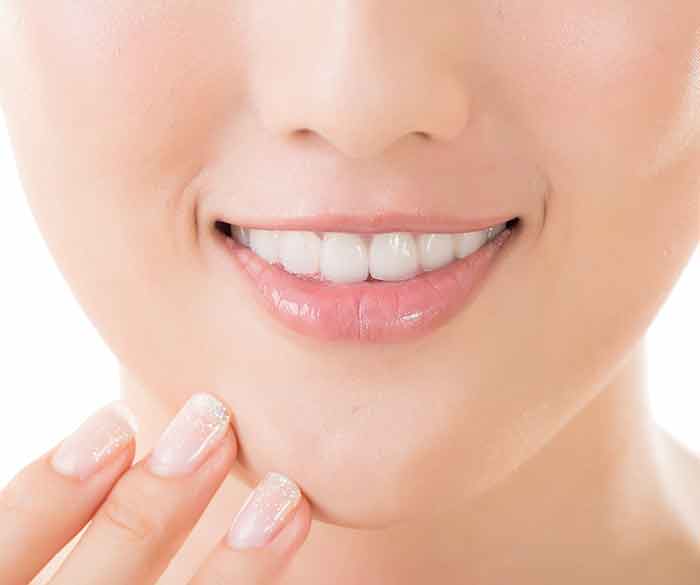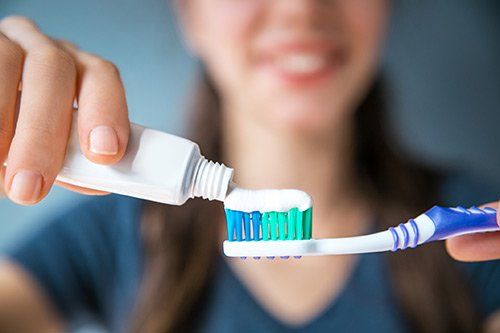
Preventative dental care is arguably the most important care you can receive from your dentist because prevention will help you maintain optimal care for your lifetime. Preventative care includes services like fluoride treatment, x-rays, sealants, and dental prophylaxis.
While in-office visits every six months are important, preventative dentistry doesn't stop there. Your at-home efforts make a big difference. Here are three ways to improve your at-home dental care.

With the summer season right around the corner, many families have plans for days of fun, including swimming lessons, pool time, and various water sports. Tooth injuries and damage are unfortunately common in swimming accidents. With some preventative care and precautions, however, you can reduce the risk of harm to your smile.
Here are some simple things to keep in mind for oral health
and safety this summer as you swim with your family.
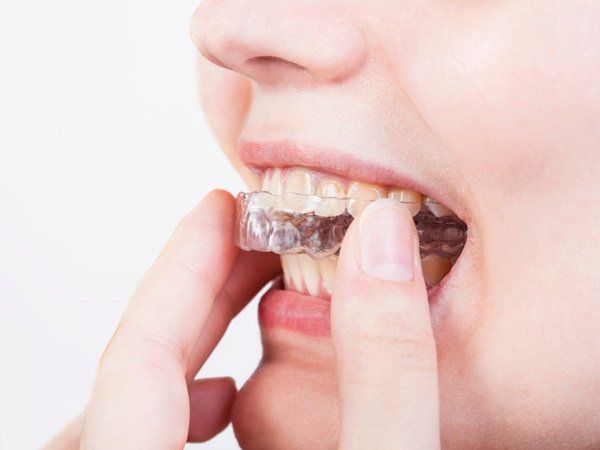
f you're an athlete, or if you're the parent of a student athlete, you're probably familiar with safety equipment. Helmets, pads, protective eyewear, and special shoes are some of the types of safety equipment that athletes often use. Unfortunately, one piece of safety equipment doesn't always get the attention that it needs – the mouth guard.
Mouth guards help protect the athlete's teeth and oral tissues from damage and are recommended for a wide variety of different sports. If you're an athlete or the parent of a young athlete, understand what types of athletes need mouth guards and how to take care of them.

Some of the foods you love the most, even the healthy ones, can cause damage to your teeth by eroding tooth enamel. Tooth enamel is the hard outer layer of your teeth, and its sole design is to protect your teeth against cavities and bacteria. It's considered tougher than bone and is the hardest part of the human body.
Unfortunately, tooth enamel can be worn down by everyday foods and beverages, especially acidic or sugary substances. Here is a small list of consumables that can damage your tooth enamel and ways you can still eat or drink them safely as part of your regular diet.
Unfortunately, tooth enamel can be worn down by everyday foods and beverages, especially acidic or sugary substances. Here is a small list of consumables that can damage your tooth enamel and ways you can still eat or drink them safely as part of your regular diet.
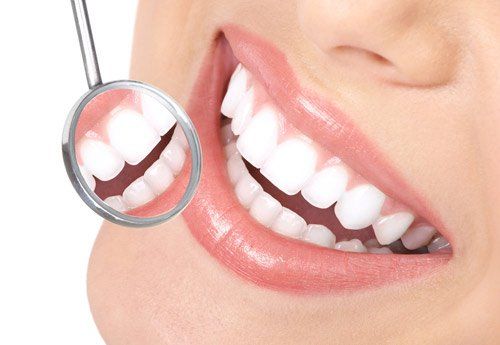
When you picture your ideal smile, you may primarily focus on your teeth. While teeth are certainly the first aspect of a smile you see, a healthy smile also requires strong gum tissue. Keeping your gums healthy
is an important part of preserving your smile.
In this blog, we guide you through several of the most important concepts related to gum tissue health, including what you can do if you don't currently have strong enough gums to support your dream smile.
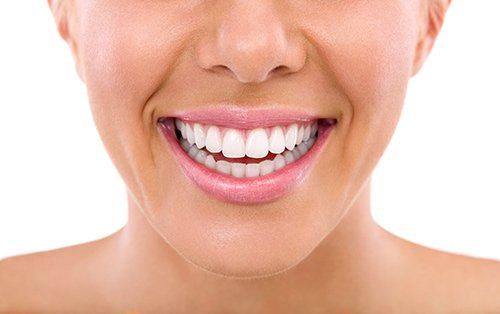
If you experience sensitivity in your teeth whenever you eat something cold, hot, or sweet, you may wonder why you have this problem and what can you do to stop it. Your sensitive teeth may be a result of enamel erosion.
Enamel erosion occurs when the surfaces of your teeth (enamel) wear down from a loss of calcium and other valuable minerals. A number of things can erode your enamel, including sweet and acidic foods and beverages.
Although you can't reverse enamel erosion once it occurs, you can take steps to reduce or stop its damaging effects on your teeth.


